
The CertainTeed Horizon shingle – sometimes marketed as a “Shangle” (shingle + shake) – was a popular organic-based roofing product used on homes primarily between the 1980s and early 2000s. These shingles were designed to mimic the look of wood shakes while offering asphalt shingle durability.
Unfortunately, Horizon “Shangles” suffered from premature cracking, blistering, curling, and granule loss – all signs of material failure. The issue was so widespread that homeowners across the U.S. began experiencing roof deterioration well before the expected lifespan, which should have been 25–30 years.
In response to mounting complaints, CertainTeed faced a nationwide class action lawsuit (Carlson v. CertainTeed Corp.) alleging that the shingles were defective and didn’t perform as promised. Rather than take every case to trial, CertainTeed agreed to a nationwide settlement.
Even though the deadline for the original class action may have passed for some, CertainTeed still honors warranty claims on defective shingles in many cases.
If you’re unsure about the eligibility, a licensed roofing contractor can help verify the product and condition.
Here’s where insurance comes in. In many cases, if your roof has discontinued shingles – such as CertainTeed Horizon – and even just one is damaged, your insurance company may owe for a complete roof replacement.
Most policies contain a matching provision or refer to “like kind and quality” repairs. If the damaged shingle can’t be matched due to it being:
…then a partial repair isn’t possible, and a full replacement is owed.
If denied, request a copy of the matching regulation your policy uses and demand a written explanation justifying a repair over replacement. Many adjusters back down once they realize the material is obsolete.
Many homeowners never realize they have defective or discontinued shingles until it’s too late. A licensed roofing contractor can:
The CertainTeed Horizon “Shangle” situation is a textbook case of a popular product failing prematurely and leaving homeowners vulnerable. The settlement and warranty programs offer financial relief, and insurance companies are often legally required to replace your entire roof — not just a section — when matching becomes impossible.
If you suspect your roof may be affected or you see even a single cracked shingle, don’t wait. You could be entitled to thousands in compensation or a full roof paid for by insurance.